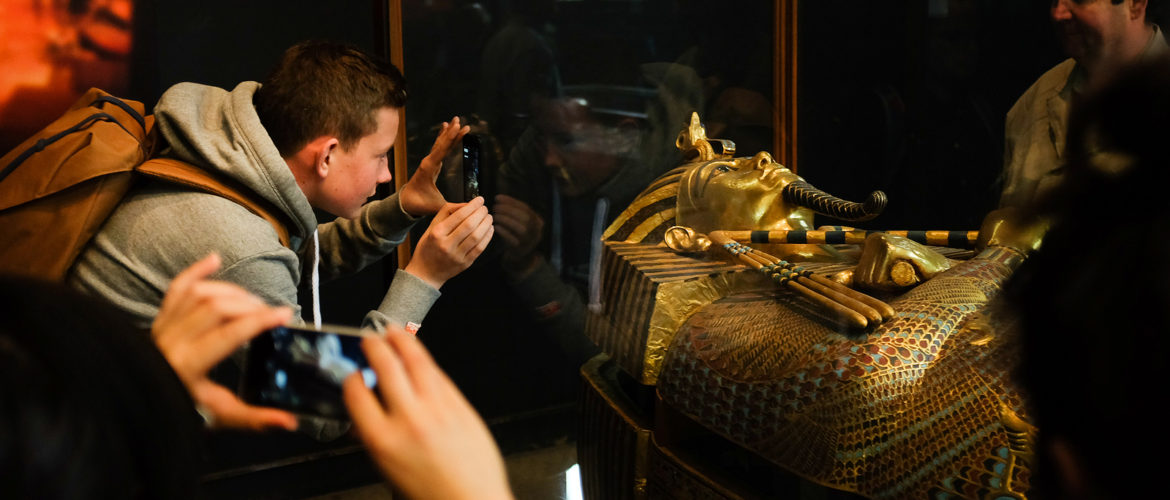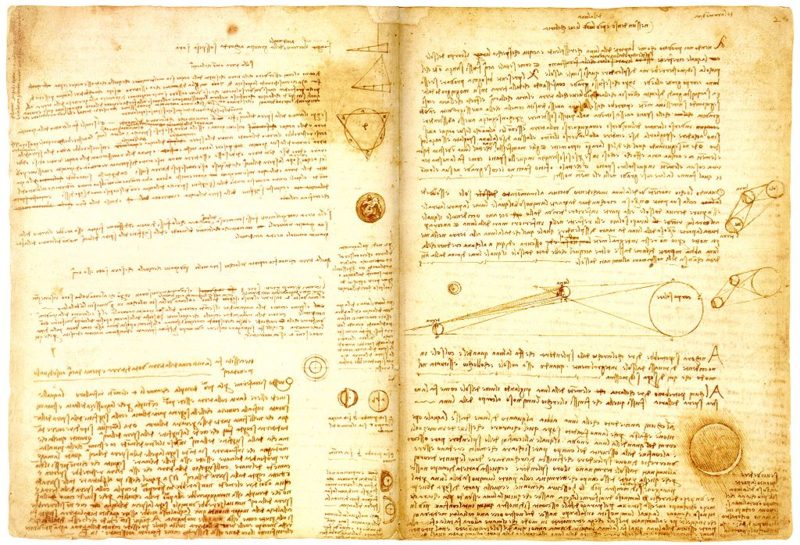The Most Expensive Artifact in the World: Exploring Priceless Art

Though art is priceless, and the global community has a unique opportunity to admire eternal pieces of art in museums and galleries at a modest fee, the question of price still bothers many minds. Which is the most expensive artifact in the world? How is the price for artwork determined in the art industry? Here are a couple of examples.
The Most Expensive Artifact in the World Sold at an Auction
If we talk about the most expensive artifact in the world, then we should definitely put Leonardo da Vinci’s Mona Lisa first in the ranking. Its latest price calculated in monetary terms was $850 million. But here’s the catch: evaluating the Mona Lisa in financial terms makes no sense because it is not available for sale. The painting has been the property of the Louvre since 1797, and from that point on, nobody could buy or sell it for private ownership. In other words, the Mona Lisa is the world’s common legacy that everyone can view; it’s too unique to be held in private hands.
Another unique and highly-priced work attributed to Leonardo da Vinci is Salvator Mundi, which was sold for over $450 million.
Next comes the funerary mask of the Egyptian pharaoh Tutankhamun, which is made of gold and covered with a huge number of precious stones. This is a rare example of Egyptian civilization’s legacy preserved until modern times, and its value is tremendous, given the exceptional historical and cultural value and the number of precious stones and metals used in its production.
Another notable example of an expensive artifact sold at an auction is the Codex Leicester, a collection of Leonardo da Vinci’s sketches and writings. The price of the lot exceeded $30 million at the 1994 auction where Bill Gates acquired it.
If exquisite gems are included in the list of artifacts, then the rare Hope Diamond, which was discovered in India and sold for over $250 million, and the mysterious Oppenheimer Diamond, which was sold to an anonymous buyer for over $50 million, should also join this list.
Other Parameters for Determining Artifacts’ Price
While we’re talking about the concept of price here, it’s still vital to note that price and value are not synonymous in the world of art. This way, the world’s top museums and galleries hold unique human creations with landmark importance for human culture and civilization, which can’t be evaluated in pragmatic monetary terms. These include the Rosetta Stone, the Red Sea Scrolls, and the world-famous Terracotta Army, among others.

